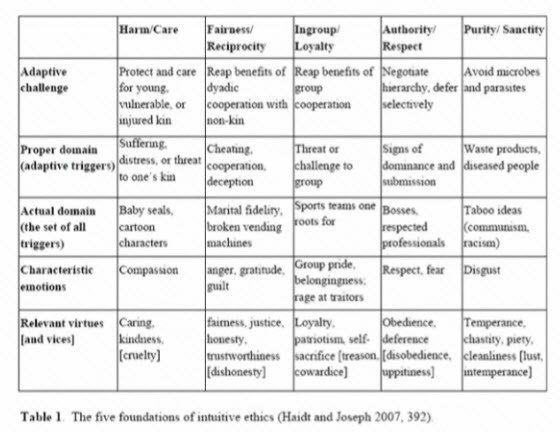For example I can travel at amazing speeds ad can be hundreds if miles away in a short time span.
Except what you just described isn't some NEW notion compared to what you could do in the state of nature, it's just a BETTER form of doing it.
Whether it's walking on your two legs in the state of nature or riding in a bullet train within a social contract society....in both cases you're simply exercising your freedom of movement or of travel.
All that's changing is your means of doing it.
As I've been saying, repeatedly. A natural right doesn't provide you the MEANS in which to do something. It doesn't even suggest you will be successful in whatever thing you're trying to do. It simply means that, abscent some exterior force, you can do/feel/think the basic action.
I question the assertion that the natural man could do more or almost anything.
This, I have to imagine, goes back to you playing devil's advocate as this seems a little obtuse, taking his comment and isolating it on it's own for your response rather than using some common sense relating to the context of all he's saying.
A person alone in the wild can attempt to do pretty much anything. Whether or not they'll succeed is not guaranteed. Whether or not they'd ever think to try something is not guaranteed. Whether or not they'd actually WANT to do it is a whole different story.
If you as a man within the state of nature determined how to construct something that would allow you to sail through the air without dying then you absolutely could attempt to do so. There would be no external force stopping you from attempting to do that. But really all that really is is a massive drilling down from the overall concept....the natural right to movement/travel.
Again, you're just speaking of a different method of doing so.
A man in the state of nature is quite limited in the means to do various things. Absolutely. But he has the ability to TRY and do ANYTHING he could conceivably figure a way to try to do.
Once again...being able to do something, and being successful at it, are two different things.

